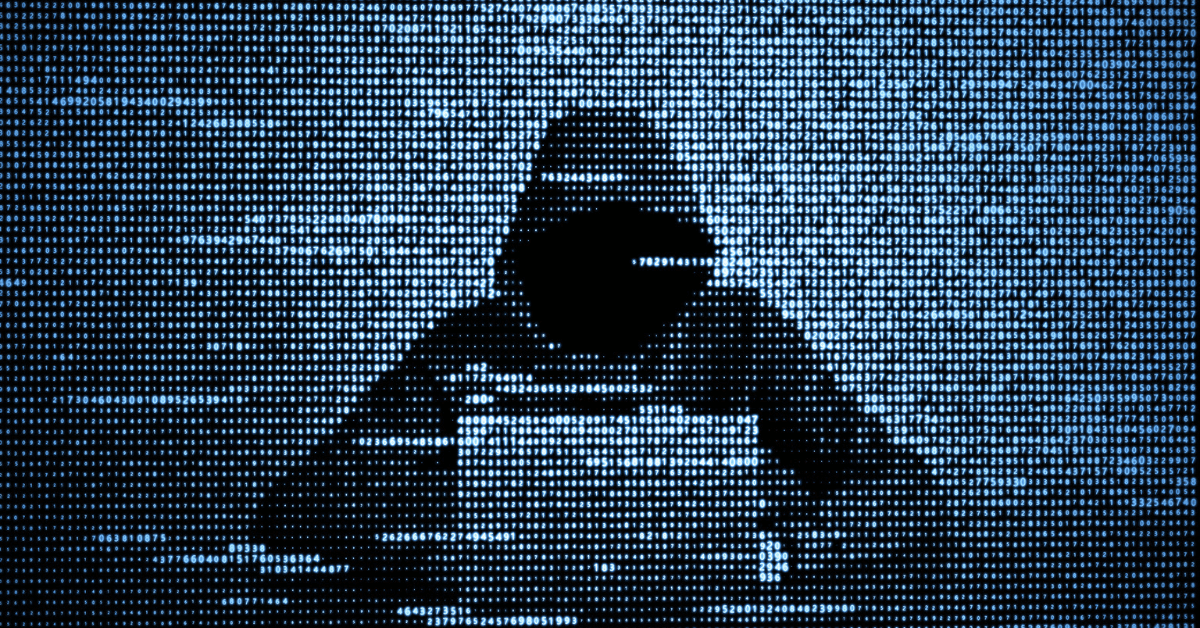5 Cybersecurity Tips to Keep Your Workplace Safe – October is National Cybersecurity Awareness Month, a collaboration between the Cybersecurity and Infrastructure Security Agency (CISA) and numerous public and private partners committed to helping all Americans stay safe and secure online. This year’s theme, “Do Your Part. #BeCyberSmart,” urges individuals and businesses to take proactive steps to enhance cybersecurity and protect their information online.
With many offices working remotely and most tasks requiring an internet connection, employees spend more time online than ever before and unknowingly putting their employers at risk of cyberattacks. In fact, recent studies are finding that the leading causes of data breaches for most employers are linked to human error or negligence, resulting in irreparable damage, including direct economic costs from ransomware, equipment failure, and theft of corporate information.
In addition to equipping your office with advanced cybersecurity protection, one of the best and simplest things you can do to defend your business and staff is to promote workplace best practices and tips. Whether it’s updating policies, holding training sessions, or even sending friendly reminders throughout the year, ensuring your employees understand the latest risks and what they should keep in mind while working online can save your organization a lot of money and many headaches. Here are five cybersecurity tips you should keep in mind to keep your workforce safe.
5 Cybersecurity Tips
Always update apps and software
It might seem like an inconvenience, but keeping your apps and software up to date will maintain the highest levels of protection against threats. Hackers can take advantage of the vulnerabilities of outdated devices, and companies are always releasing new patches. Many employees assume that updates are optional or unnecessary; however, most are an essential defense against potential risks. It can be a good practice to turn on automatic updates for each of your work and personal devices, if possible.
Avoid unsecured Wi-Fi networks
With remote working becoming more common, your employees won’t always be connected to your building’s internet. Whether you’re working from home, at a hotel, or in the field, you should always avoid connecting to unsecured public Wi-Fi hotspots. Cybercriminals can access anything from passwords and credit card numbers to sensitive information in emails. Always remember to connect to a secure data source when a trusted internet connection is unavailable. If you must connect to an unsecured network, use a virtual private network (VPN) when connecting your devices. Even if a cybercriminal were to get between you and your hotspot, the data would be strongly encrypted.
Regularly update passwords
Just one weak password has the potential to impact an entire organization’s data, yet many people continue to use vulnerable passwords like “12345” or even the word “password.” Effective passwords should be at least eight characters or longer and should be something specific that only you would know. Passwords that can be easily accessed online (e.g., birthdays or pet names) must be avoided. Adding numbers and special characters to passwords are also recommended to make it even more difficult for hackers to breach your accounts.
Download with caution
From receiving email attachments to installing new software, we encounter many opportunities to download malware. When it comes to downloading responsibly, your best bet is to use common sense. If something doesn’t seem legitimate, it probably isn’t. Never download something from an unsolicited email or link. Watch for spelling errors and inconsistent messaging – trustworthy organizations would never send something with errors. One of the best ways to ensure your employees choose legitimate software is to develop a curated software list that provides approved and vetted links to download commonly used software.
Keep your desk clean
It may be hard to believe, but many cyberattacks are traced back to disgruntled employees or someone who has had access to your building. Remember to keep important information or equipment in locked cabinets or drawers, and never leave usernames and passwords where they can easily be found. It’s also a good practice to log off your computer while away from your desk to avoid being the victim of a cyberattack.
You and your employees can take many steps to prevent cyberattacks, but following these 5 Cybersecurity Tips are a great start in being cyber smart. For more information on cybersecurity and equipping your organization with 24/7 cybersecurity protection, contact a DICE representative today.

